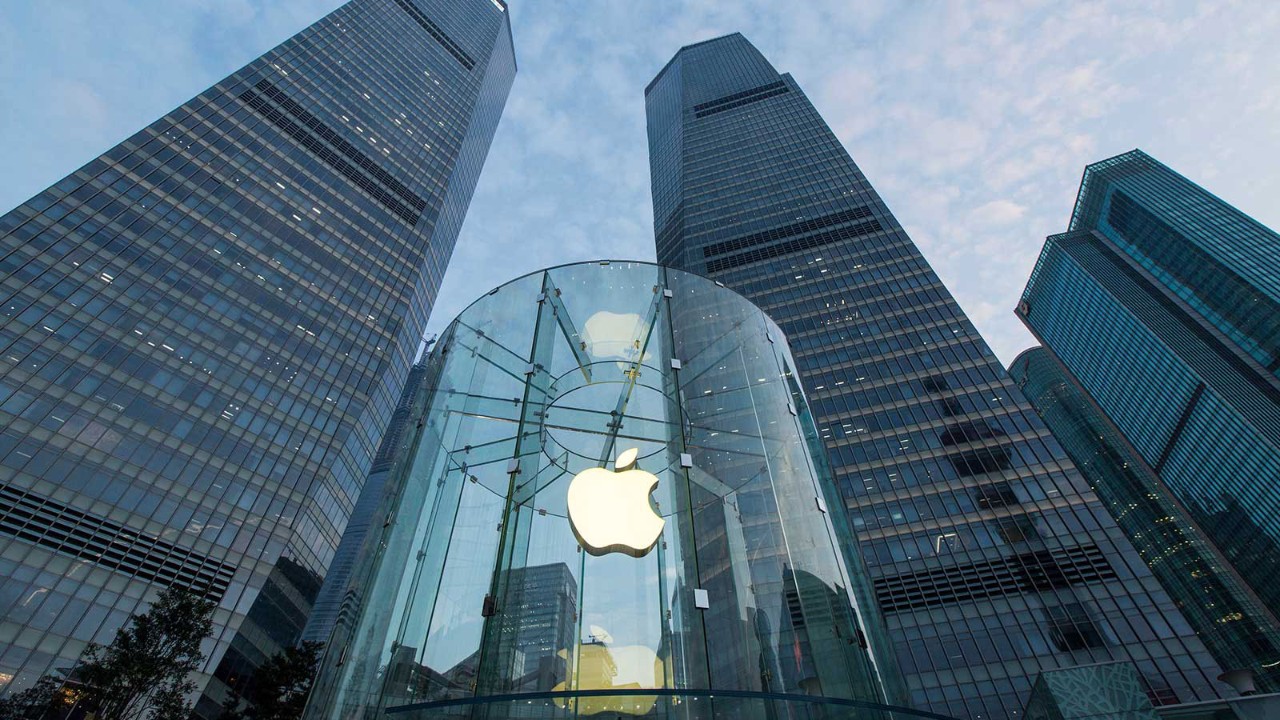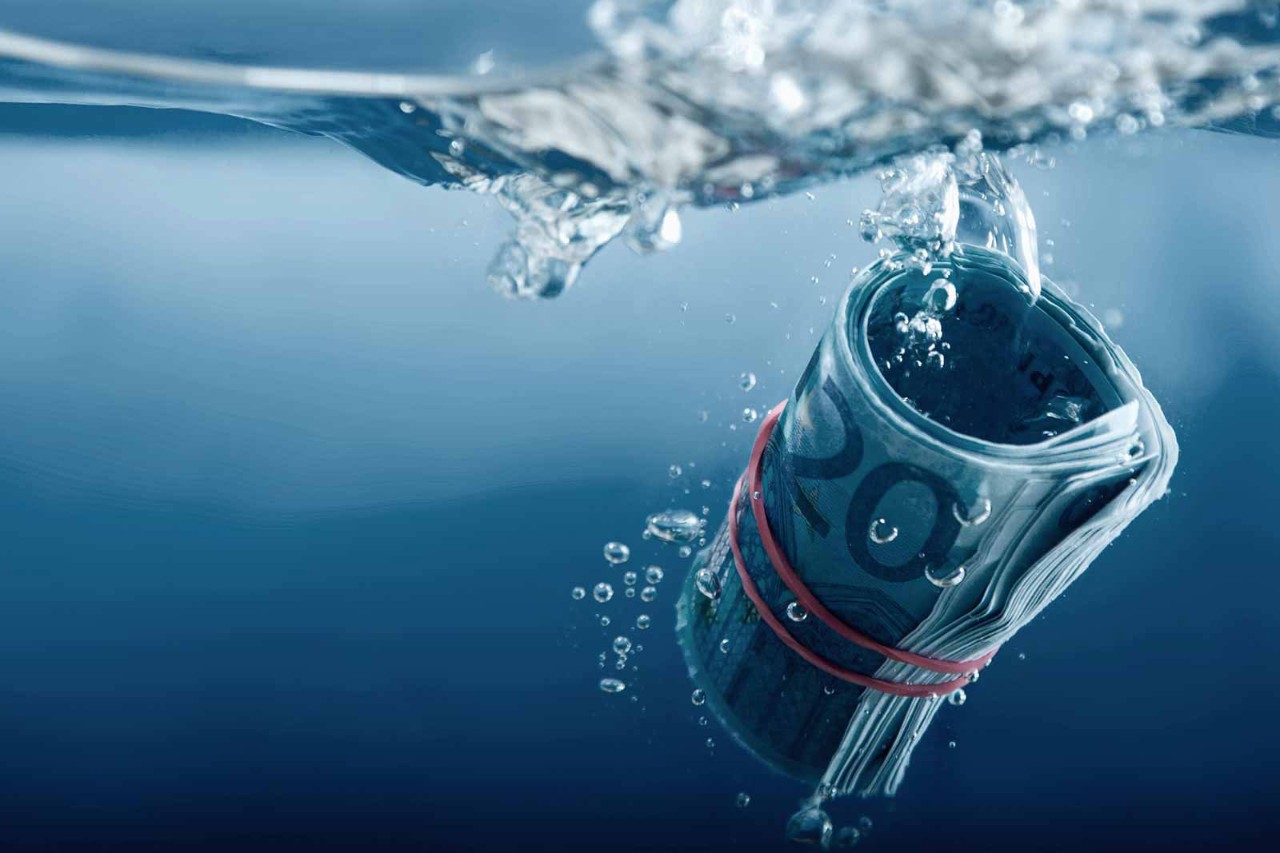
Naming a brand was once a simple process. When John Cadbury started making chocolate, John James Sainsbury opened a grocery shop and Sampson Lloyd set up a bank, they didn’t have to look very far for a brand name.
Now, with more than 33 million small businesses registered in the US alone, companies are having to get more creative. The list of startups valued over US$1bn is full of made-up names like StackBlitz, Linktree, Preply, Clockify, Printify, Melio, Adalo and ZeroTier. But is this brazen creativity actually good for business?
In fact, having a made-up name can have adverse consequences. For one, people might not be able to spell it. Research into the most frequently misspelled brands reveals that the biggest victims of typos are Canva and Pinterest.
The English language’s flexibility is both a blessing and a curse
Canva, a hugely popular graphic design app from Australia, loses over 20% of online traffic to searches for ‘canvas’, ‘camva’, ‘cnava’ and ‘canca’. For Pinterest, the main blunder is ‘pintrest.com’. It’s such a frequent mistake that the social media giant recently bought the domain name. Also featured in the top 10 list are Adobe, Capital One, Patreon, Reddit, TikTok, Spotify, Etsy and Quora. Each loses 4%-9% of domain traffic due to erroneous typing.
Almost all of these spelling mistakes are orthographical, meaning that they’re variations of spelling that produce the same sound: ‘Capitol’ for ‘Capital’, ‘Redit’ for ‘Reddit’, ‘TickTock’ for ‘TikTok’ or ‘Spottify’ for ‘Spotify’.
Phonetic nuances
But the blame isn’t just on increasingly imaginative brand names; it also lies with the English language itself. On the one hand, it allows for the creation of new, compounded words – giving us Facebook, Gymshark and GitHub. This is impossible in a Romance language like French; you’d have to use ‘Book of Faces’, ‘Shark of the Gym’, and ‘Hub of Git’.
On the other hand, this flexibility means that the pronunciation is a complete mess. In French, the two letters ‘ou’ are always pronounced the same way, but in English, they can be pronounced in four different ways: for example, ‘house’, ‘course’, ‘group’ and ‘double’.
A name that’s frequently misspelled on Google is a serious threat to a start-up
The same can be said for spelling. Someone hearing the name for the first time could easily misspell Adobe as Adobee, Capital as Capitol or Patreon as Patrion.
If this is a nuisance for giant companies, it can be a disaster for small businesses. A name that’s frequently misspelled on Google is a serious threat to a start-up. While autocorrect will always help bigger brands, the younger ones can expect no such relief. A business must grow considerably before the algorithm learns its name.
Sound decision
In their hugely successful 1980 book Positioning: The Battle for Your Mind, advertising executives Al Ries and Jack Trout discuss the importance of names. One seldom-recognised fact, they claim, is that the mind remembers words by sound.
‘It’s far easier to memorise written material if we reinforce the aural component, the working language of the brain,’ they write.
Take Adalo and Preply from the earlier list of billion-dollar startups. As they’re both made-up, obscure names, the first-time reader isn’t quite sure how to pronounce them. Is it ‘ADD-al-o’ or ‘a-DALL-o’? ‘Prepp-ly’ or ‘P-reply’?
‘A strong descriptive name will block your me-too competitors from muscling their way into your territory’
None of this matters if you’re an industry giant. Nike is famous for its confusing pronunciation, but this hasn’t stopped it dominating the sportswear market. Adobe is sure to be pronounced ‘ad-obe’ (like ‘abode’) by many, but it’s still the world’s leading supplier of creative software. Shein’s problems turned out to be much larger than mere mispronunciation.
Snappy and descriptive
Just because huge companies are using made-up names doesn’t mean other businesses should automatically follow suit. One of the names praised most by Ries and Trout is the Procter & Gamble shampoo brand Head & Shoulders.
This name works, they say, because it clearly states what the product does without being too generic. A brand name that’s too generic loses its meaning, as it could describe any of its competitors.
‘A strong descriptive name will block your me-too competitors from muscling their way into your territory,’ they write. ‘A good name is the best insurance for long-term success. People is a brilliant name for a gossip-column magazine. It’s a runaway success. The me-too copy, Us magazine, is in trouble.’
‘Only with a product that millions of people want can you afford the luxury of a mean-nothing name’
Brands today have gone the opposite way to Us magazine. They choose names so obscure and meaningless that they could be selling anything. Ries and Trout have words for these brands, too. ‘Only when you are first in the mind with an absolutely new product that millions of people are certain to want can you afford the luxury of a mean-nothing name.’
The market has clearly changed since 1980. With hundreds of millions of companies, finding a great new name has become a logistical problem as much as a strategic one. But in today’s saturated market, a meaningless name runs the risk of drowning among the competition. Companies with descriptive names that are easy to pronounce and spell are more likely to be remembered.
Now more than ever, business owners should listen to the old advertising experts. There’s a reason why, 60 years on, Head & Shoulders is a global bestseller.


